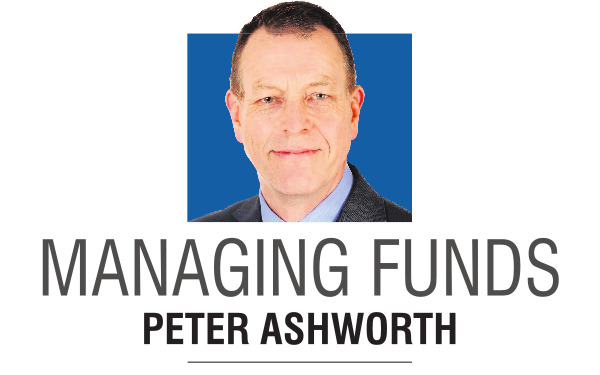
He suggested that hell might be a place where we would be forced to repeatedly watch friends and loved ones make life-sabotaging choices but would be powerless to help.
At the risk of sounding melodramatic, I recently had a professional experience that was reminiscent of this.
A friend who had just turned 65 was planning to withdraw their entire KiwiSaver balance and put it in the bank, because in their mind, that was the only "safe" thing to do.
It was in a social setting, and despite a general discussion about the matter, they were still convinced they were doing the right thing. Sadly, it is not an uncommon story.
The reality is this approach only provides the illusion of being risk-free or "safe".
If we measure risk as the possibility of their money running out before they do, then this approach is a high-risk strategy for the following reasons:
1. The purchasing power of capital held in bank deposits is particularly vulnerable to erosion by inflation. It may be comforting to look at a bank statement and note that the balance always goes up. But what we never see on the same statement is how much less we can buy with our money as prices increase.
If we assume that you get a 6% return at the bank and pay tax at 17.5%, then your after-tax return is 4.95%. That looks fine but when you consider that the current inflation rate is 4% then your return after tax and inflation is less than 1%. My friend was actually still working and paying tax at 33%, making the after-tax and inflation return almost 0.0%.
The situation is worsened by the fact that with a fixed-interest investment all of your return is taxed. This is unlike an investment in growth assets (e.g. property and shares) where you only pay tax on part of the return.
Over time the tax efficiency of growth investments helps ensure that more of your return is available for consumption or compounding.
2. People tend to underestimate their life expectancy. If you survive to age 65, then your life expectancy actually increases. At age 65, the current average life expectancy for a male is 86 and 88 for a female. These are averages, so you could be in the half of the population that lives longer than these figures. You need to be thinking in terms of decades, not just years, when it comes to your investment strategy.
3. Volatility is just one measure of risk. In my friend’s case they were simply viewing risk in terms of variability of return. At the risk of sounding like Yoda, "volatility is your friend, not your enemy". In the context of a diversified portfolio, volatility can be thought of as the price we have to pay to grow the purchasing power of our savings and protect our future drawings.
4. For the part of your portfolio from which regular withdrawals are being made, it makes sense to hold some cash and bonds, even if they are vulnerable to inflation. As the timeframe for the consumption of this capital is relatively short, you can afford to be less worried about the inflation risk and more focused on the relative stability of these investments. In this way you reduce the risk that you will ever need to sell shares at the point when they are temporarily undervalued to pay for next week’s groceries.
I am a strong believer that we need to be helping people think longer-term. The focus should be on investing through retirement, rather than just to retirement.
The mix of assets in your portfolio should be periodically reviewed and rebalanced in accordance with your time horizon and risk profile.
There are very few circumstances where investing in term deposits alone is likely to be a suitable long-term solution.
With an average of more than 20 years in retirement, for most people it should be thought of as an important step in the journey rather than the destination.
Peter Ashworth is a principal of New Zealand Funds Management Ltd and is a Dunedin-based financial adviser. The opinions expressed in this column are his own and not necessarily that of his employer. His disclosure statements are available on request and free of charge.









